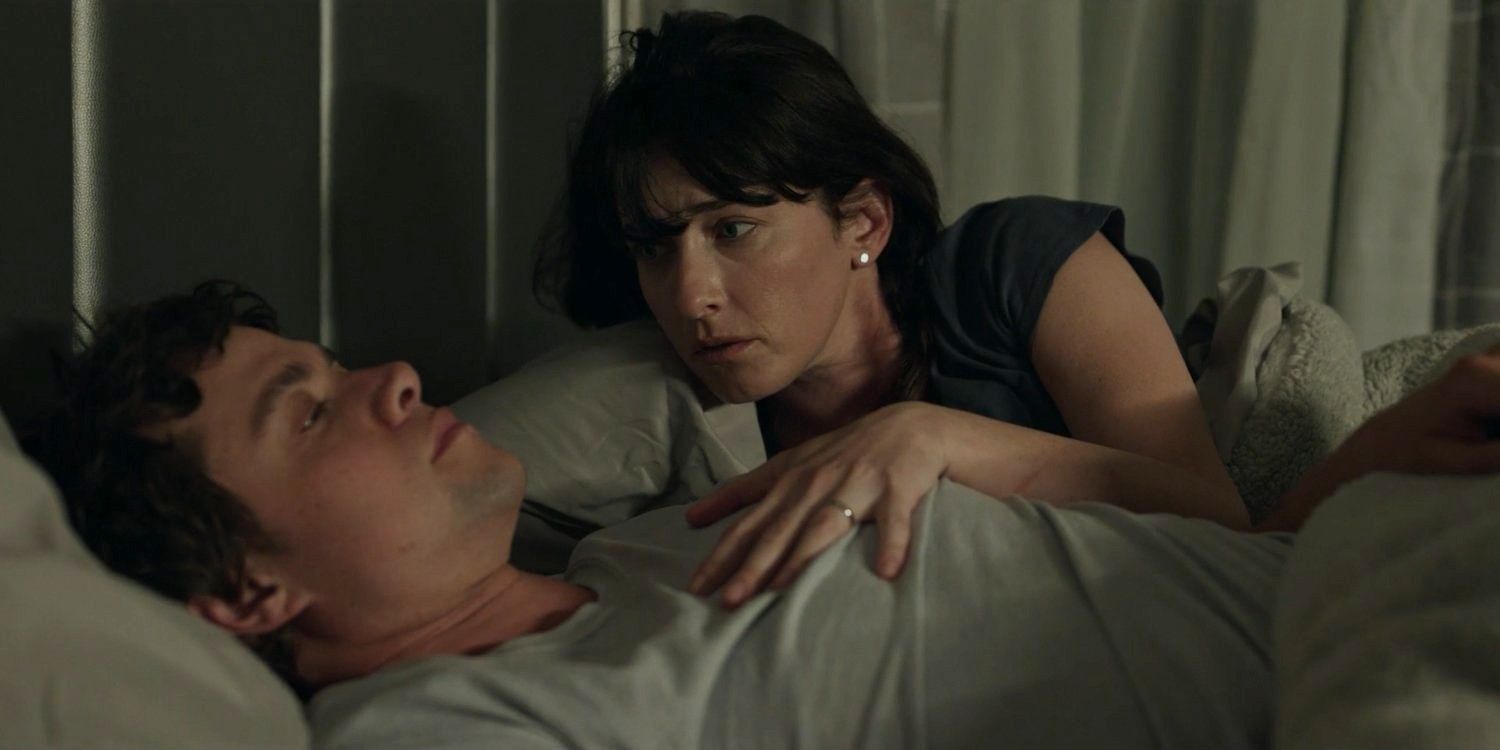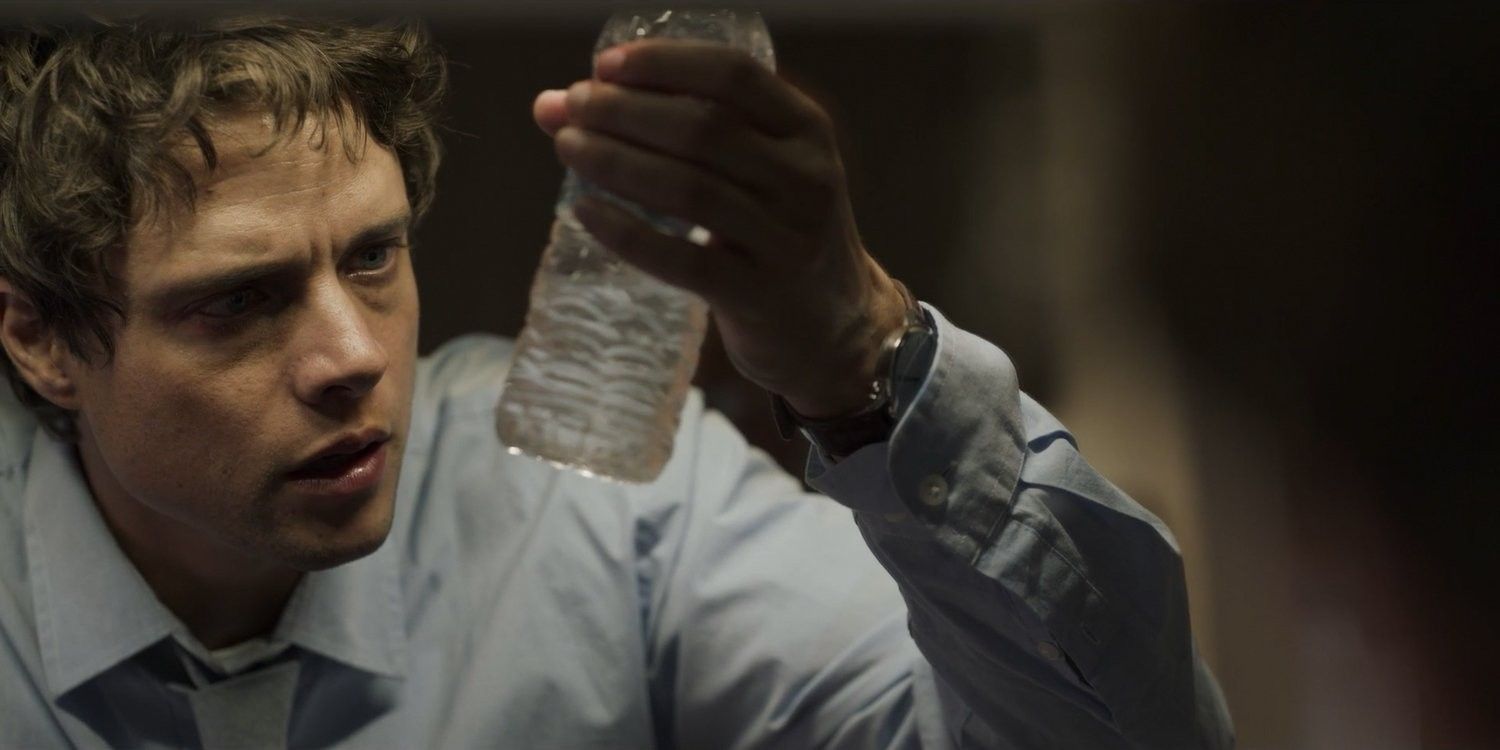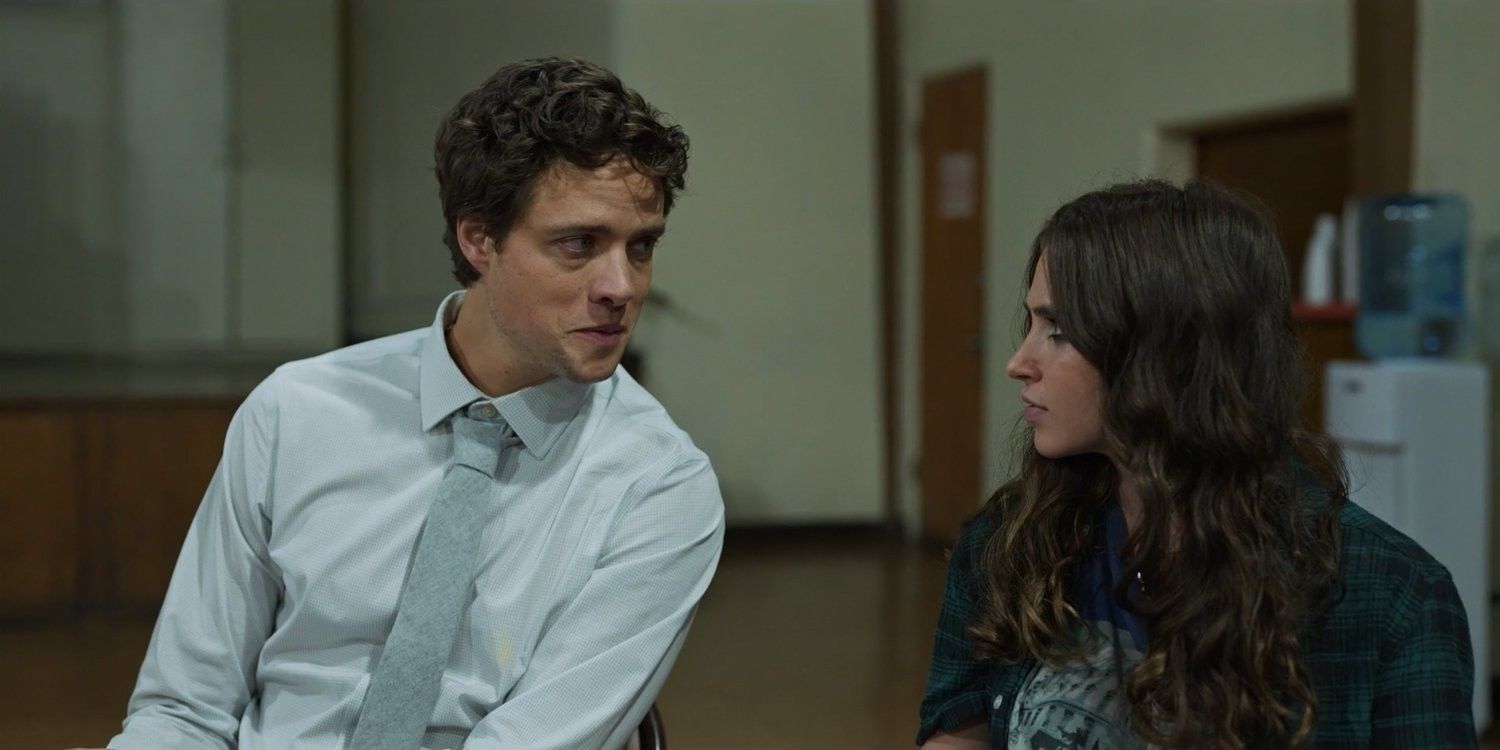Summary
- Peter Cannon's film Exposure aims to present a nuanced take on obsessive compulsive disorder (OCD) without judgment, raising fascinating moral questions.
- The film puts the viewer directly in the shoes of Tanner, a freelance IT guy living with OCD, portraying the fear that consumes his every movement and exacerbates his condition.
- While favoring thriller elements, the film explores the consequences of unaddressed OCD and highlights the strain it puts on relationships, but refrains from vilifying anyone involved.
Most mental illnesses are often misunderstood by the general public, with stereotypes and harmful misconceptions popping up in media more often than not. The new film Exposure, written and directed by Peter Cannon and soon making its debut at the Newport Beach Film Festival, aims to present a nuanced take on obsessive compulsive disorder, told through the lens of a twisty thriller. In many ways, it succeeds in presenting OCD without judgment and telling a genuinely compelling story that raises some fascinating moral questions. Though it's not always an easy watch, as Exposure's main characters often say, discomfort is sort of the point here.
Much of Exposure is told through the eyes of Tanner (Douglas Smith), a freelance IT guy living with obsessive compulsive disorder. His condition is made more complicated by the fact that, sometime ago, he was briefly held captive and regularly poisoned by a strange man. With his captor currently in prison, Tanner has been striving to move on with the help of his wife Nicole (Margo Harshman), but he can't shake the feeling that his food and water have been tampered with somehow, prompting him to distrust anything given to him that doesn't come from a sealed container. Things only get worse after his captor is released from prison, an event that causes Tanner's anxiety to spike to dangerous levels, putting his marriage and his own safety at risk.
Cannon smartly puts the viewer directly in Tanner's shoes, playing up the very real fear that consumes his every movement and exacerbates his condition. Director of photography Michelle Kwong frequently keeps the camera moving, following the characters' movements and adding to Tanner's sometimes erratic behaviors in a sly way. It often gives the impression of the viewer being a fly on the wall, or perhaps being tangled up with Tanner as his OCD only gets more complicated. Pushed by Nicole to seek help, Tanner begins attending a support group, which gives Exposure the opportunity to introduce characters with other forms of OCD. The rapport Tanner builds with the other people in his group lends an extra layer of heart to the movie and puts the spotlight on how obsessive compulsive disorder truly works. At the same time, with the focus so squarely on Tanner, the other characters aren't given much opportunity to truly dig into their own experiences.
As Tanner puts more effort into his recovery, taking on a five-step plan the support group champions, his actions become more reckless. Cannon ups the tension in moments where Tanner pushes himself to feel the discomfort in dangerous ways. Exposure occasionally runs the risk of favoring the thriller elements over everything else, but perhaps that's the point; if left unchecked, this form of OCD can lead to relentless anxiety. There are some third act twists that kick the tension up significantly, and they raise some thorny questions about mental illness and caring for someone who lives with one. Harshman's Nicole is clearly feeling the strain of Tanner's worsening condition, but at no point does Exposure vilify her actions, even when they threaten to make her deeply unsympathetic. Cannon acknowledges that both sides have a rough go of it, and that doesn't make anyone the bad guy.
As Tanner, Smith gives an impressive performance, portraying his increasing panic and, later, steely resolve with ease. He's fully committed to the role, which only makes it easier to get invested in Tanner's journey. Smith and Harshman have believable chemistry that deepens the bond between Tanner and Nicole. It would be easy for the wife character to become one-note, but Harshman plays her so well that she feels like a real person. Her frustration with her husband's actions are understandable, rather than horrific. Exposure is primarily centered on these two characters, thus limiting opportunities to see other cast members shine, though Abraham Rodriguez, Ryan Whitney, Alex Feldman, and Kevin McCorkle all deserve credit for enhancing Tanner's world as the members of his support group.
In its determination to paint a nuanced portrait of obsessive compulsive disorder, Exposure largely succeeds. The questions surrounding Tanner's imprisonment can seem more important than his recovery — at times one wonders how much of his experience was real or fabricated — but there is a genuine exploration of the coping methods people with OCD will often turn to. It's a fascinating and sympathetic look at the anxiety that can arise and the ways OCD can affect a person's relationships with those they love most.
Exposure will make its world premiere at the Newport Beach Film Festival on October 17. It is 112 minutes long and not yet rated.



